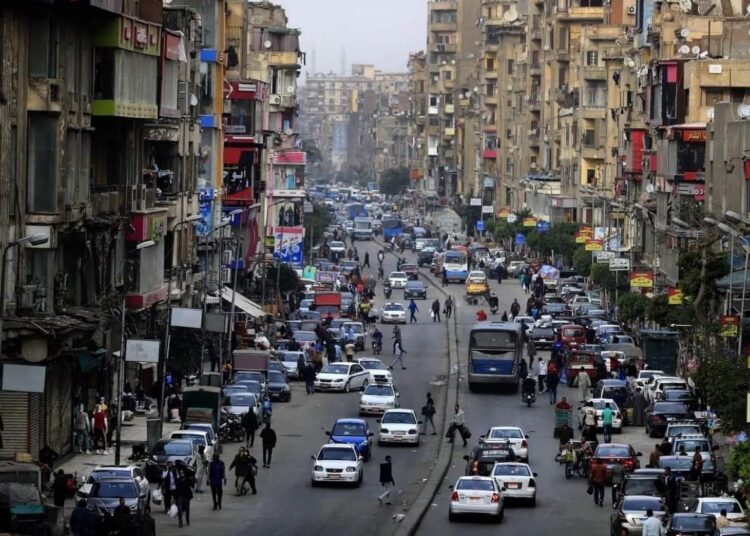In its simplest definition, economics is the science of wealth. As a science, it is mainly capitalised on means of improving the welfare of individuals and increasing the wealth of society as a whole. The ultimate objective of economics is a fair distribution of income and wealth through a progressive tax system.
A recent study by the International Monetary Fund (IMF) has urged developing countries to adopt more progressive taxes with fewer exemptions in a bid to help governments pay for immediate spending priorities and make societies fairer.
According to the study, a variety of indirect levies on consumer goods account for most tax revenue (excluding revenue from gas and oil) but exemptions are common and extensive. Weak tax compliance and widespread informality reduce governments’ ability to collect in the Middle East and Central Asia.
“Our research shows that eliminating widespread exemptions and inefficient incentives would broaden tax bases and make tax systems fairer and more transparent. Several countries have made notable progress broadening the tax base or are in the process of doing so. Egypt, for example, aims to reform its income tax law to simplify the legal framework and streamline exemptions,” the IMF study said.
Social justice
Egypt is working on a long-term social protection network to boost social justice and curb poverty rates across the country. A fair distribution of national income is deemed to be the only sustainable social protection in the long term. To this end, a progressive taxation system will redistribute the national income justly, particularly for the benefit of those under the poverty line.
The government has boosted social protection programmes to ease the impact of the Russia-Ukraine war on the man in the street. It has earmarked a total of LE355.9 billion in the fiscal year 2022/23 for subsidies and social protection, against LE321.3 billion in the 2021/22 fiscal year.
More importantly, the government is tipped to draw on a progressive taxation scheme in a bid to redistribute the national income justly, particularly for the benefit of those under the poverty line.
Progressive rate
The progressive tax system complies with the Egyptian Constitution, which explicitly states in Article 38 “the tax system shall be based on social justice”.
French economist Thomas Piketty calls in his book “Capital in the Twenty-First Century” for redistribution of national income through progressive taxation of higher rates on the upper-high segments of society, citing successful examples in India, Brazil, China and South Africa.
Piketty, a well-known leftist, called for a fair redistribution of national income through progressive taxation of higher rates on the upper-high segments of society.
“Despite the consensus in Europe there is still considerable variation. The wealthiest and most productive countries have the highest taxes (50–60 per cent of the national income in Sweden and Denmark), and the poorest, least developed countries have the lowest taxes (barely 30 per cent of national income in Bulgaria and Romania). In the United States, there is less of a consensus. Certain substantial minority factions radically challenge the legitimacy of all federal social programmes or indeed of social programmes of any kind,” wrote Piketty.






Discussion about this post